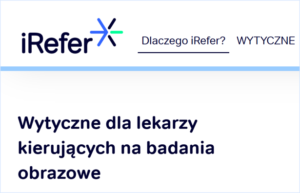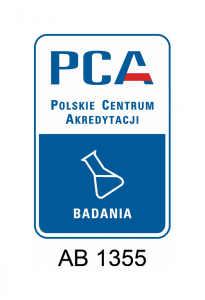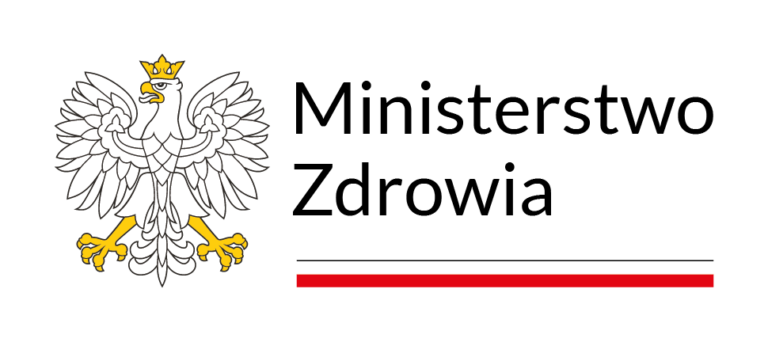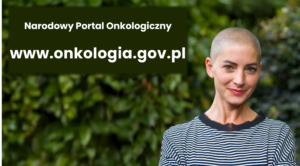On September 25, 2023, another online training in quality assurance and quality control (QA/QC) in PET/CT was held. The training is a part of the IAEA TC POL9027 project ” Enhancing the Capabilities of Positron Emission Tomography Departments to Provide High Quality Imaging and Therapies to Promote Safety Culture”, implemented by the National Centre for Radiation Protection in Health Care in collaboration in the International Atomic Energy Agency Technical Cooperation Programme 2022-2024.
The main aim of the event was to provide substantive support to employees of centers throughout Poland in the field of positron emission tomography, exchange experiences in working with PET scanners and expand knowledge about quality assurance and quality control in PET/CT. Modern PET scanners and their hybrids (e.g. PET/CT) are important elements of diagnosis and effective treatment. Proper quality control, calibration and standardization are inherent elements of their effective use. Due to the above, the National Centre for Radiation Protection in Health Care took the initiative to provide substantive support to nuclear medicine facilities by organizing training on the above-mentioned topics.
The training was conducted by foreign IAEA experts: Dr Elena De Ponti from ASST Monza – San Gerardo Hospital in Italy and Dr Ivo Raush from the Medical University of Vienna in Austria, and the proceedings were supervised by the Director of KCORwOZ, Dr Dariusz Kluszczyński. The participants were also welcomed by Prof. Marek Dedecjus, Department of Oncological Endocrinology and Nuclear Medicine of the National Institute of Oncology, who presented the activities of his department and the entire Institute. The event gathered a total of over 80 participants. It was attended by medical physicists from nuclear medicine departments of centers participating in the POL9027 project, as well as invited guests and a group of people interested in the subject from all over Poland.
The training took the form of an online session and was based on lectures prepared by experts, which have been posted since February this year on the YouTube channel NCRPHC. Based on the extensive knowledge and experience of IAEA experts, the participants asked them questions, presented problems they had encountered in their previous work with PET scanners, and widely discussed quality assurance and control procedures.
The great interest in training among people professionally involved in the use of radiation in medicine proves the need to organize this type of events in the future.
The National Centre would like to thank all participants of the online QA/QC training in PET/CT for their active participation in the meeting and encourages them to keep in constant contact via e-mail with IAEA experts: Elena De Ponti and Ivo Raush.





